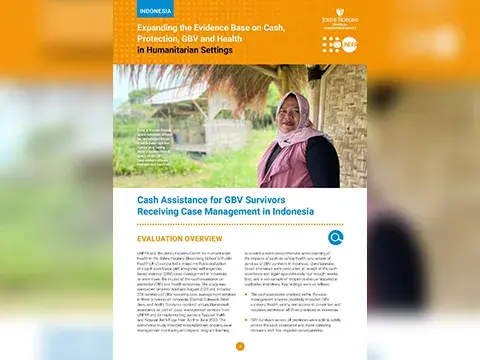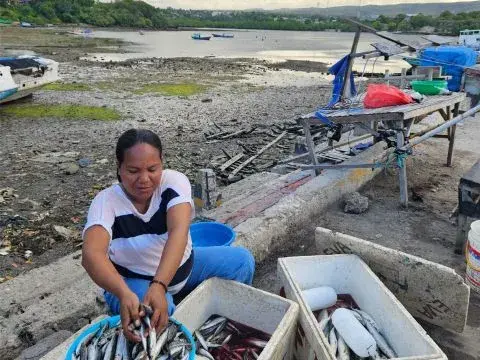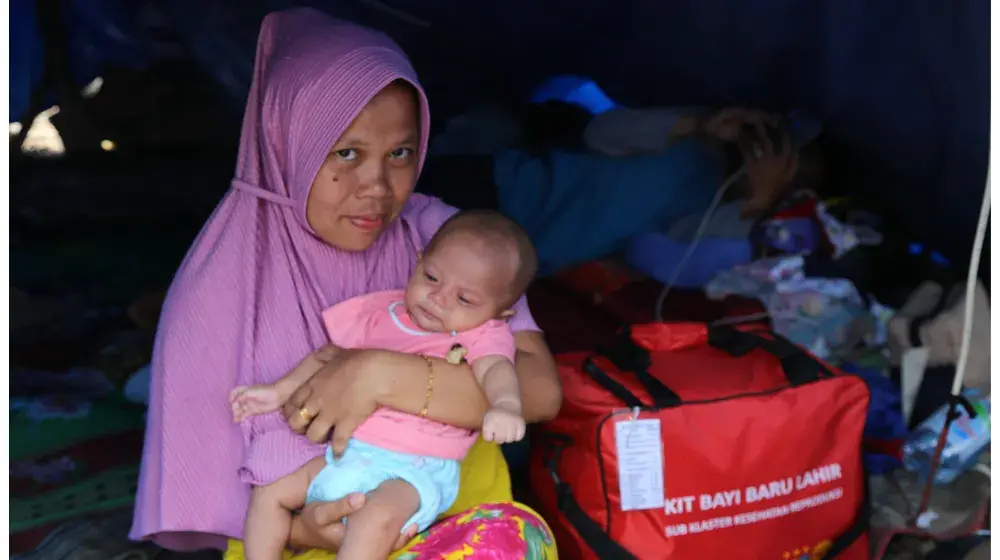UNFPA, the United Nations Population Fund
Yet, in developing regions, some 214 million women still lack safe and effective family planning methods, for reasons ranging from lack of information or services to lack of support from their partners or communities. This threatens their ability to build a better future for themselves, their families and their communities.
UNFPA supports family planning in developing countries by ensuring a reliable supply of a full range of modern contraceptives, strengthening national health systems, and promoting gender equality.
Fifty years ago, the world declared that “parents have a basic human right to determine freely and responsibly the number and the spacing of their children,” at the United Nations International Conference on Human Rights in Tehran, on 13 May 1968.
Family planning is not only a matter of human rights; it is also central to women’s empowerment, reducing poverty and achieving sustainable development.
Yet, in developing regions, some 214 million women still lack safe and effective family planning methods, for reasons ranging from lack of information or services to lack of support from their partners or communities. This threatens their ability to build a better future for themselves, their families and their communities.
UNFPA supports family planning in developing countries by ensuring a reliable supply of a full range of modern contraceptives, strengthening national health systems, and promoting gender equality.
UNFPA is fully committed to continuing to support countries’ efforts to uphold the right of individuals, especially women, to plan a family. We are striving to end all unmet need for voluntary family planning in developing countries by 2030. But, we cannot do this alone.
Governments, parliamentarians, the private sector and civil society must join forces to make it happen. To begin with, developed countries could close the global family planning funding gap for a mere 20 cents per person per year. Given the expected returns for families, societies and nations, it would be a strategic and doable investment in the world’s future.
On this World Population Day, UNFPA calls on governments to fulfill their commitments to ensure universal access to sexual and reproductive health care and reproductive rights, including family planning services and information, as agreed at the 1994 International Conference on Population and Development and in the 2030 Agenda for Sustainable Development. Investments in family planning today are investments in the health and well-being of millions of women for generations to come.
UNFPA is fully committed to continuing to support countries’ efforts to uphold the right of individuals, especially women, to plan a family. We are striving to end all unmet need for voluntary family planning in developing countries by 2030. But, we cannot do this alone.
Governments, parliamentarians, the private sector and civil society must join forces to make it happen. To begin with, developed countries could close the global family planning funding gap for a mere 20 cents per person per year. Given the expected returns for families, societies and nations, it would be a strategic and doable investment in the world’s future.
On this World Population Day, UNFPA calls on governments to fulfill their commitments to ensure universal access to sexual and reproductive health care and reproductive rights, including family planning services and information, as agreed at the 1994 International Conference on Population and Development and in the 2030 Agenda for Sustainable Development. Investments in family planning today are investments in the health and well-being of millions of women for generations to come.




